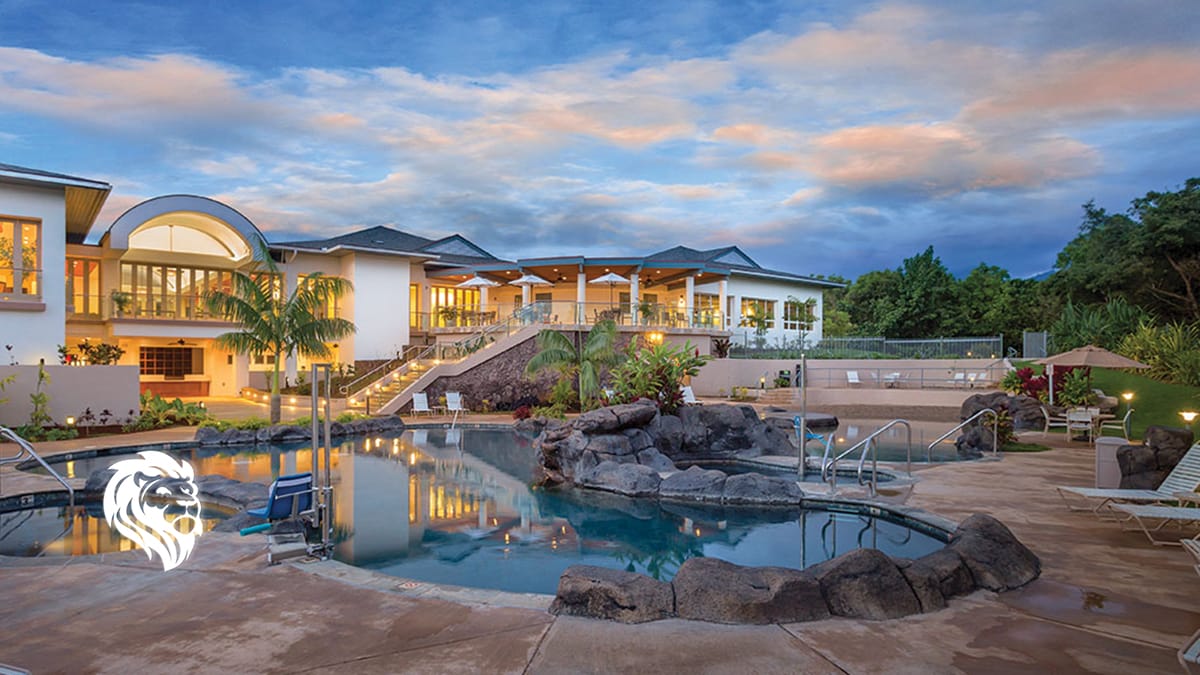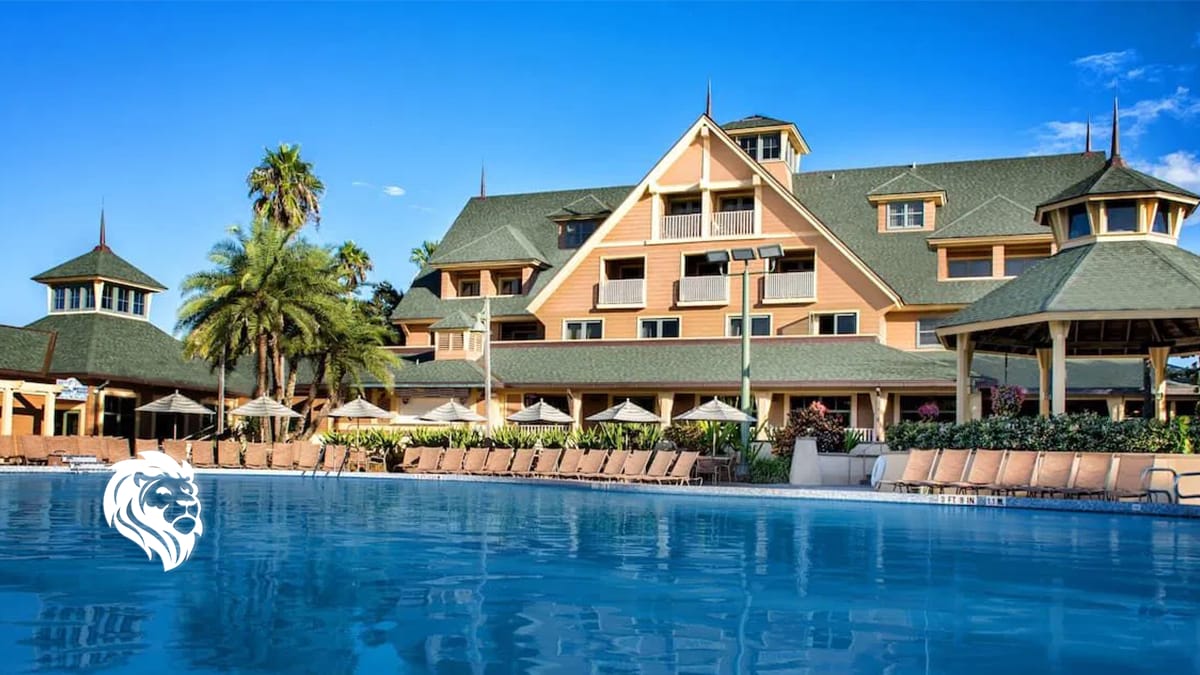Is a timeshare worth your money? One thing we encounter constantly in this business is the endless discourse about timeshare prices. Does a Wyndham timeshare cost less than just paying for hotel rooms? What about the maintenance fees? Today, we’ll break down the cost of a Wyndham timeshare and help you decide if it’s worth your hard-earned cash.
Wyndham 101


Wyndham Destinations is the world’s largest vacation ownership club, with hundreds of resorts located worldwide. There are Wyndham vacation resorts near every major tourism destination. So whether you’re looking to hit the beach, hike in a national park, or explore a major city, you can probably find a Club Wyndham-affiliated resort.
Wyndham uses a points-based system for booking, but these timeshare points can be confusing at first glance. What’s the difference between Access and Select? Do these different types of Wyndham timeshares cost different amounts? We’re going to break things down step by step.
Wyndham Timeshare Points
Timeshare points are a vacation currency. You use them to book stays at affiliated resorts, with the cost per night varying depending on factors such as the resort’s location, the type of room you’re booking, and the resort’s occupancy during your visit.
Wyndham owns multiple vacation club brands, including Club Wyndham, Worldmark by Wyndham, and Shell Vacations Club. Each brand works a little differently from one another, and even has some internal variations. However, they all generally work under the same principles. We’ll use Club Wyndham as our example.
Club Wyndham offers two types of vacation ownership.
- Access: Club Wyndham Access is the most flexible option. When you buy into Club Wyndham Access, you receive a set number of points per year, which you can use at any participating resort. You can book your stay at a Club Wyndham Access resort up to thirteen months in advance.
- Select: Club Wyndham Select is a deeded ownership structure that gives you priority access to a specific “home” resort. However, your window to book at other resorts is shorter: less than ten months in advance. Select is available for higher-demand resorts that may not be available on Access, and essentially guarantees that you can book the dates you want.
Select is designed for individuals who wish to stay at the same resort each year, while Access is intended for those who prefer traveling to different destinations. Wyndham timeshare points cost the same amount for both programs. However, those Club Wyndham timeshare points can go further depending on where and when you’re staying.
Seasons and Wyndham Timeshare Costs
Most Wyndham resorts have three seasons, which determine the number of points per night you’ll pay for a room.
- Prime: The peak season. Think ski resorts during the snowy season, or theme parks over holiday break. Prime season is the most expensive time to visit.
- High: A season where things are still busy, but not as busy as peak season. These are often referred to as “shoulder seasons”: the transitional period between periods of high activity and the off-season. One example of a High season is January in Orlando. The rush of holiday visitors has ended, but people are still taking advantage of the cooler weather to visit Disney World.
- Value: The “off” season. Think ski resorts in the middle of summer, theme parks during the first weeks of school, or beaches in the middle of winter. Rooms cost considerably fewer points per night during Value season.
Not every Wyndham property experiences all three seasons. For instance, Club Wyndham Midtown 45 in New York City only has a Prime season. Other resorts can experience multiples of the same season with distinct pricing structures.
Points vs Direct Booking


Critics of vacation ownership will often argue that booking directly with the hotel is cheaper and more flexible than buying a timeshare. But is that actually true? Not quite, though the reasons aren’t immediately obvious.
See, timeshare suites aren’t the same as regular hotel rooms. Your typical hotel room will have one, maybe two beds, a couch, a TV, a mini-fridge, and a bathroom with a shower. You might get a microwave and coffee maker too.
Timeshare suites, often referred to as villas, are different. These units come in larger sizes, featuring multiple bedrooms and separate living and sleeping areas. They frequently come equipped with full kitchens and other amenities, such as in-room laundry and full bathrooms. It’s more like staying in a condo than a hotel room, though you still get all the perks of a hotel.
A timeshare suite can usually sleep more people than a typical hotel room. For instance, rooms at Club Wyndham Bonnet Creek in Orlando accommodate 3-6 guests. A timeshare suite at the same resort can sleep 4-12, while providing more space to stretch out and relax. Renting a hotel room may be cheaper in the short term, but a timeshare is an entirely different product.
Then there’s the matter of inflation. Vacations are becoming increasingly expensive every year, and timeshares offer a reprieve from rapidly rising hotel rates. While the monetary price per night can change wildly from year to year, the points cost remains stable. A room that costs 100,000 points per week in 2025 is likely to cost the same in 2030. Over time, a Wyndham timeshare will cost more for new members, but your points will retain their relative value.
Myth: Timeshare Points Aren’t Versatile
Another common misconception about timeshares is that they’re restrictive. That you’re forced to stay at the same property, on the same week, every single year. While that is the case for fixed week timeshares, those are actually in the minority now.
We’ve already discussed how Club Wyndham owners can use their points at any participating resort. This opens up a world of possibilities, but critics say that it still limits you to one brand’s resorts. Even if they’re the largest resort chain in the world, that still limits your options. Or does it?
By signing up with a vacation exchange marketplace, like RCI (which Wyndham owns) and Interval International, you can trade your Club Wyndham points for stays at other resorts. Want to stay at Disney’s Animal Kingdom Lodge? How about booking a cruise? Check out our vacation exchange guide to learn more about just how far your points can go.
Additional Wyndham Timeshare Costs


Of course, a timeshare isn’t perfectly cut and dry. Buying $20,000 worth of Wyndham points will get you a lifetime of vacations, but that doesn’t mean you’re done paying for that timeshare. Just like with any form of property, you’re gonna need to pay for upkeep.
Every timeshare has maintenance fees, and these are a common gripe among timeshare owners, often scaring off prospective buyers. But they’re a necessary part of the process. These fees are what keep the resorts running and cover utilities, upkeep, and general operations.
There are a few ways around maintenance fees, however. If you’re not using your points in a given year, you can convert them to maintenance dollars. It’s not the best use of your points, but it can provide some relief in years when you can’t vacation.
There are other fees, too. Most Club Wyndham resorts require a housekeeping fee, and some resorts may charge a resort fee for amenities. Oh, and then there are taxes, of course. Did you know that some counties have a transient occupancy tax? All these additional Wyndham timeshare costs are subject to inflation, but they must be clearly disclosed when you make your reservation.
We get it. It’s not fun having to pay for something you’ve already paid for, but consider this: When you buy a car, you also need to pay for gas, insurance, registration, repairs, general upkeep, and even parking. The same principle applies to a timeshare, except you never have to worry about your check engine light turning on.
Timeshare Ownership: Direct vs Retail
If you’ve finally decided to take the leap and buy a timeshare, you’ve got two options. The first is buying directly from Wyndham. There are some benefits to this approach: buying direct qualifies you for VIP status. That’ll get you perks like early check-in, the ability to stay at Worldmark by Wyndham resorts, and the ability to gift vacations to friends and family. However, buying direct is going to cost you.
Instead, you could try a Wyndham timeshare resale. These points don’t qualify for VIP benefits, but also don’t include the overhead fees Wyndham charges new members. On average, Wyndham timeshare costs 50%-60% less per point when buying on the resale market.
Occasionally, you’ll find a listing for Wyndham timeshares that costs as little as $1. These listings are from individuals seeking to exit their timeshare, often because they can no longer afford the annual costs. These $1 timeshares are a fantastic deal if you know what you’re doing, but keep in mind that you’re still responsible for maintenance fees, closing costs, and transfer fees.
It’s also important to remember that timeshares aren’t a financial investment. Even though buying a timeshare from the developer gets more expensive with time, it loses value immediately after purchase. They’re sort of like a car or a boat: luxury products that you get for personal enjoyment.
Buy Club Wyndham Timeshare Resales
Our marketplace features hundreds of listings for Wyndham timeshares, including Club Wyndham Access, Club Wyndham Select, and affiliated clubs such as Margaritaville and Worldmark. We’re one of Wyndham’s featured resellers and one of the most trusted resale brokers in the industry. We also have listings for other vacation brands, like Disney Vacation Club, Four Seasons, and more.
Need some assistance paying for your dream timeshare? Our partners at Vacation Club Loans are happy to help. There are no loan origination fees, and all you need is a credit score of 650 to qualify. Apply online for a fast loan approval, or call them at 1-800-334-2334 for more information.
Sell Your Timeshare With Fidelity Real Estate
Do you want out of your timeshare? Not a problem. Fidelity Real Estate has decades of experience providing assistance to timeshare owners like you. Our licensed real estate brokers have years of experience in the resale market, and can help you responsibly exit your timeshare and put money back into your pocket. Fill out the form below to get started. You can also call us at (407) 477-7987, or send us an email at [email protected].







